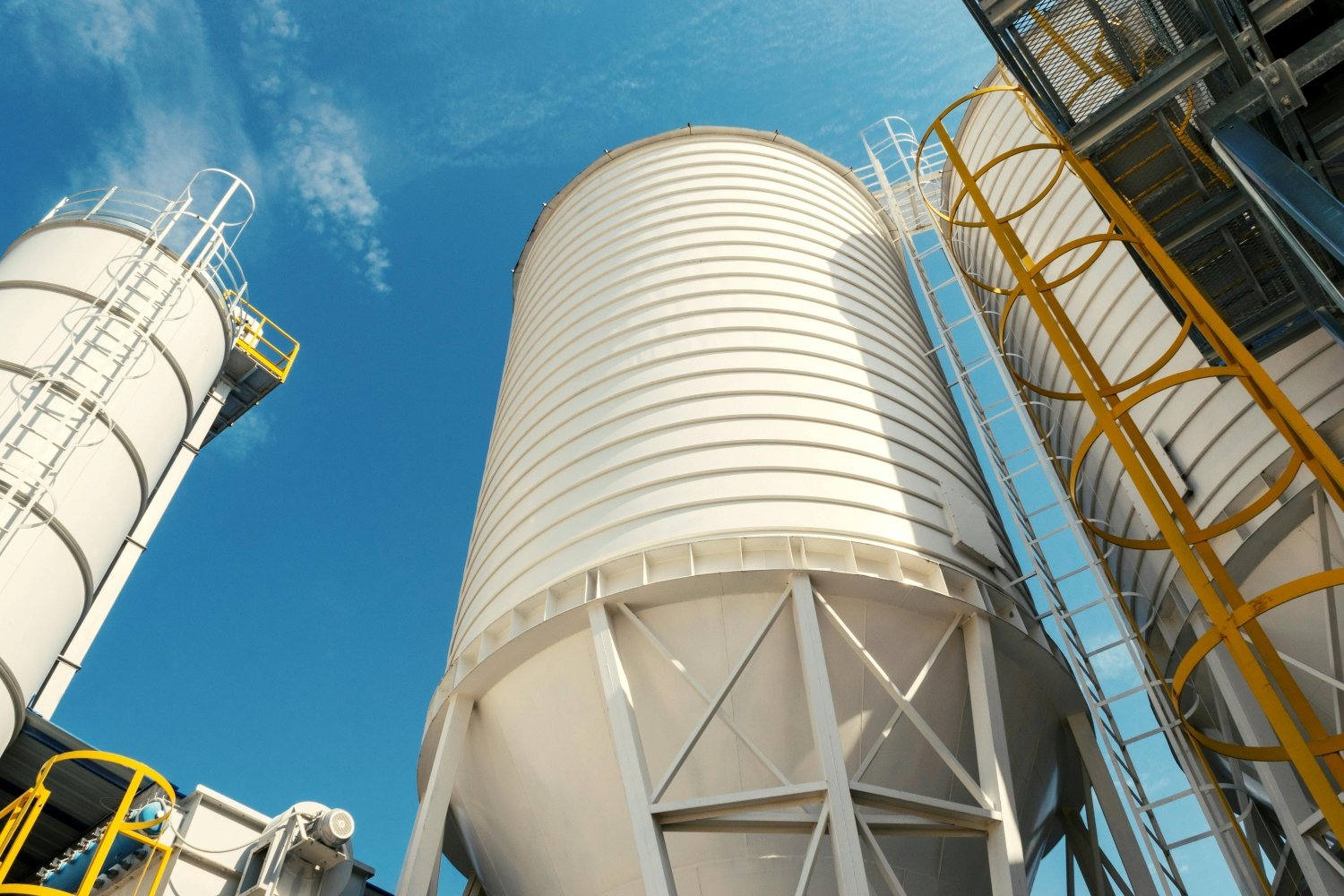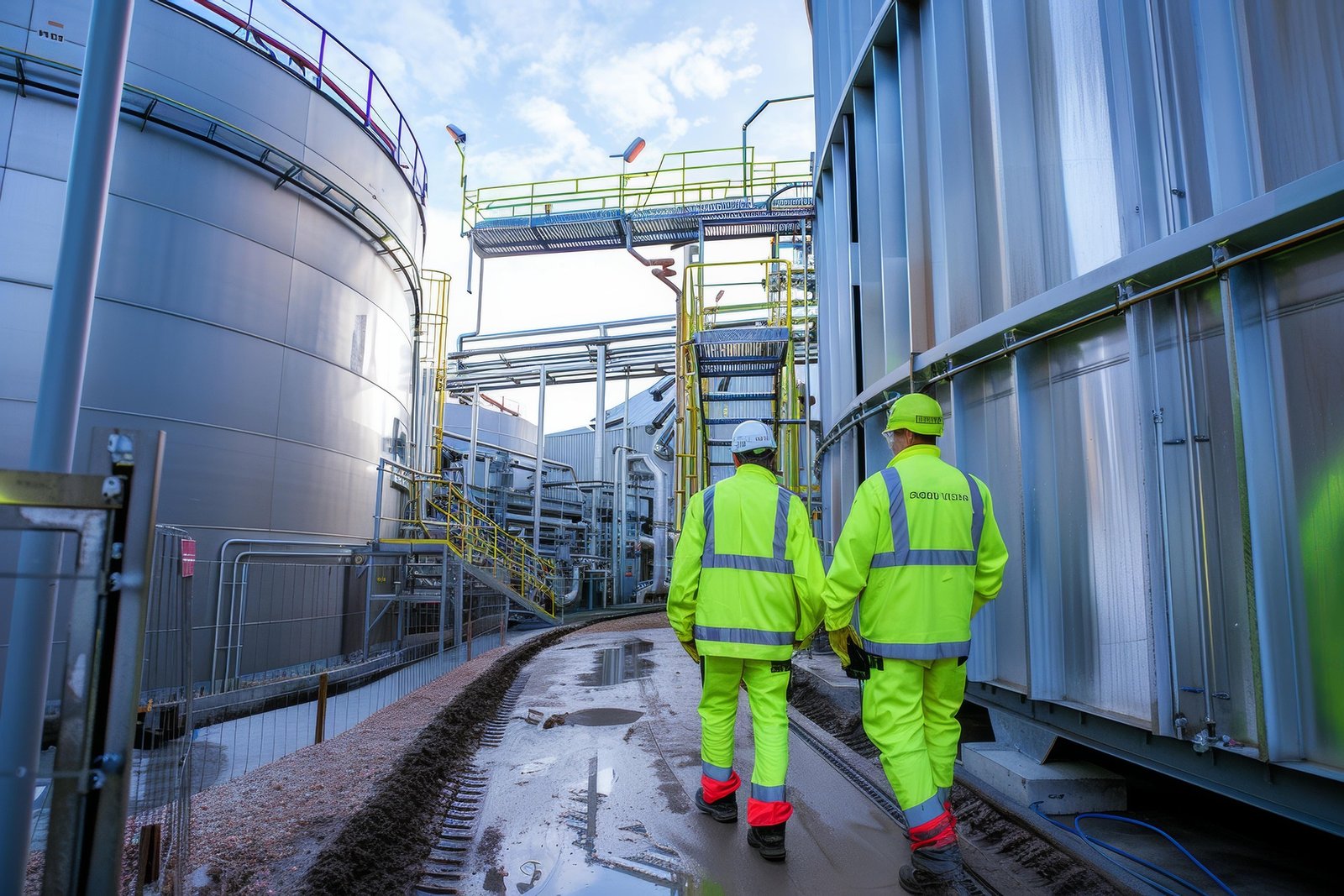How Does ISO 22000 Support Sustainability and Waste Reduction Goals?
In today’s competitive food industry, sustainability is no longer just a trend — it’s a business necessity. Consumers, regulators, and global retailers are all demanding safer, cleaner, and more sustainable production. While ISO 22000 is known for food safety management, it also plays a powerful role in helping manufacturers achieve sustainability and waste reduction goals.

Here’s how ISO 22000 supports these initiatives:
1. Reducing Food Waste Through Process Control
-
ISO 22000 promotes systematic hazard analysis and control.
-
Prevents contamination and spoilage that cause food waste.
-
Better process consistency means fewer rejected batches.
2. Enhancing Resource Efficiency
-
Focuses on optimizing production processes to reduce errors.
-
Minimizes overproduction, rework, and downtime.
-
Encourages efficient use of raw materials, energy, and water.
3. Preventing Recalls and Product Loss
-
Strong preventive controls reduce contamination risks.
-
Lower chance of costly recalls or disposal of unsafe products.
-
Protects brand reputation while minimizing waste.
4. Promoting a Culture of Continuous Improvement
-
ISO 22000 aligns with the Plan-Do-Check-Act (PDCA) cycle.
-
Encourages teams to constantly review and improve performance.
-
Drives innovation in waste management and process optimization.
5. Integrating Sustainability with Food Safety
-
The standard complements ISO 14001 (Environmental Management).
-
Companies can align both certifications for greater impact.
-
Supports corporate ESG (Environmental, Social, Governance) goals.
6. Strengthening Supply Chain Sustainability
-
Promotes transparent communication with suppliers and customers.
-
Helps select responsible and compliant suppliers.
-
Reduces waste and risk across the entire food chain.
7. Supporting Compliance with Global Sustainability Frameworks
-
Aligns with UN Sustainable Development Goals (SDGs) — especially:
-
SDG 2: Zero Hunger
-
SDG 12: Responsible Consumption and Production
-
SDG 13: Climate Action
-
-
Helps businesses meet sustainability reporting requirements.
8. Building Long-Term Cost Savings
-
Reduced waste = reduced production costs.
-
Energy-efficient, optimized systems improve profitability.
-
Sustainability and efficiency go hand in hand under ISO 22000.
Final Thoughts
ISO 22000 is more than a food safety standard — it’s a framework that promotes responsible production, efficient resource use, and sustainable growth. For SMEs, adopting ISO 22000 can lead to better compliance, stronger brand reputation, and lower operating costs.
👉 At CAYS Scientific, we help SMEs implement ISO 22000 systems that not only meet certification standards but also support sustainability and waste reduction goals.



